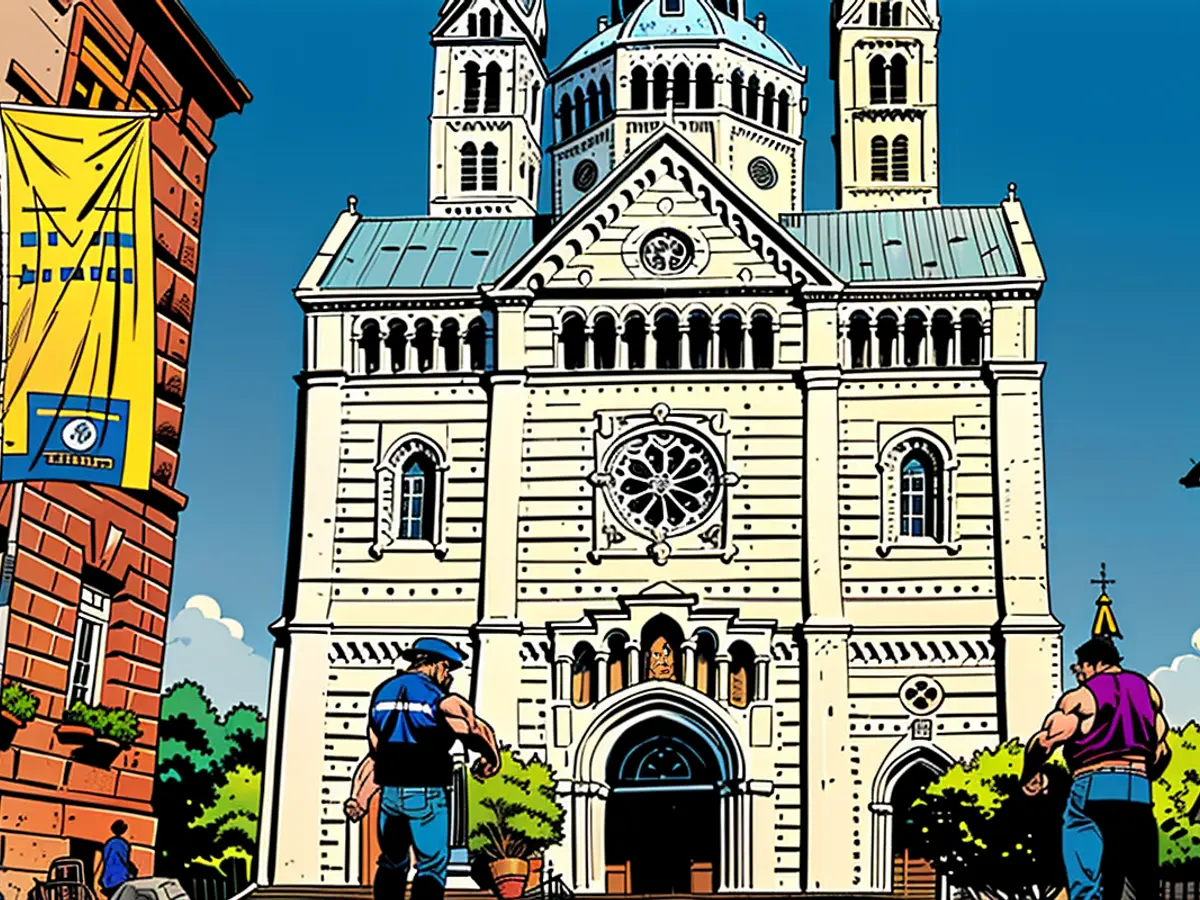- Commemorative open event in Rhineland-Palatinate
This year, the nationwide Day of Open Heritage is set to kick off in Rhineland-Palatinate, starting on September 8th in Speyer, a renowned cathedral city. The event invites architecture and history aficionados across Germany on the second Sunday of September each year for a trip back in time. This special day allows exploration of historic sites that are usually inaccessible or limited in access. Based on available information, over 5,000 monuments across Germany will open their doors.
Rhineland-Palatinate was chosen as the venue this year, adhering to the current theme "Real Signs. Timebearers of History." The public in Speyer, for instance, can witness the significance of landmarks for the region and society through its UNESCO-protected cathedral, which served as the central venue last year in Münster, Westphalia for the "largest national cultural event."
For the second time since 2011 (once in Trier), the German Monument Protection Foundation (DSD) selected a city in Rhineland-Palatinate. As highlighted by DSD board member Steffen Skudelny, Speyer's diverse monument heritage had been impressive. The city's rich history spanning over 2,000 years is evident in its 420 protected individual monuments and additional natural and archaeological sites.
Ebling: Monuments are centers of learning and experience
The two UNESCO World Heritage sites, the Imperial Cathedral and the SchUM Community Center (Judenhof) in Speyer among others, bear witness to a rich cultural past. Furthermore, Interior Minister of the state, Michael Ebling (SPD), emphasized the importance of monuments, calling them centers of learning, wonder, and experience – regardless if it's a castle, palace, church, or humble farmhouse.
Whether one is drawn by history and architecture or just looking for a grand outdoor event, the Day of Open Heritage provides a wealth of opportunities in this year's "Germany's Heritage Capital," alongside its stage program and "Market of Opportunities." Interested visitors can explore behind-the-scenes attractions, from the Old Gate to the German Monument Protection Foundation's construction sites in the Cathedral and the Church of the Holy Trinity to a concert in the Memorial Church.
The celebration commences at 11 am on Maximilianstraße, outside the "Old Mint." Subsequently, a stage program enlivens the vibrant atmosphere. The Day of Open Heritage originated in France in 1984, followed by the European Heritage Days launched by the Council of Europe in 1985 and the first German commemoration day in 1993.
This year's Day of Open Heritage event in Speyer highlights the historical significance of the city, which boasts over 2,000 years of history and 420 protected individual monuments. Michael Ebling, the Interior Minister of Rhineland-Palatinate, emphasizes the importance of these monuments as centers of learning and experience, offering visitors a wealth of opportunities to explore.
The History of Rhineland-Palatinate's Day of Open Heritage has roots dating back to 1984 in France, with the event gaining widespread recognition in 1985 as European Heritage Days and the first German commemoration day in 1993.








